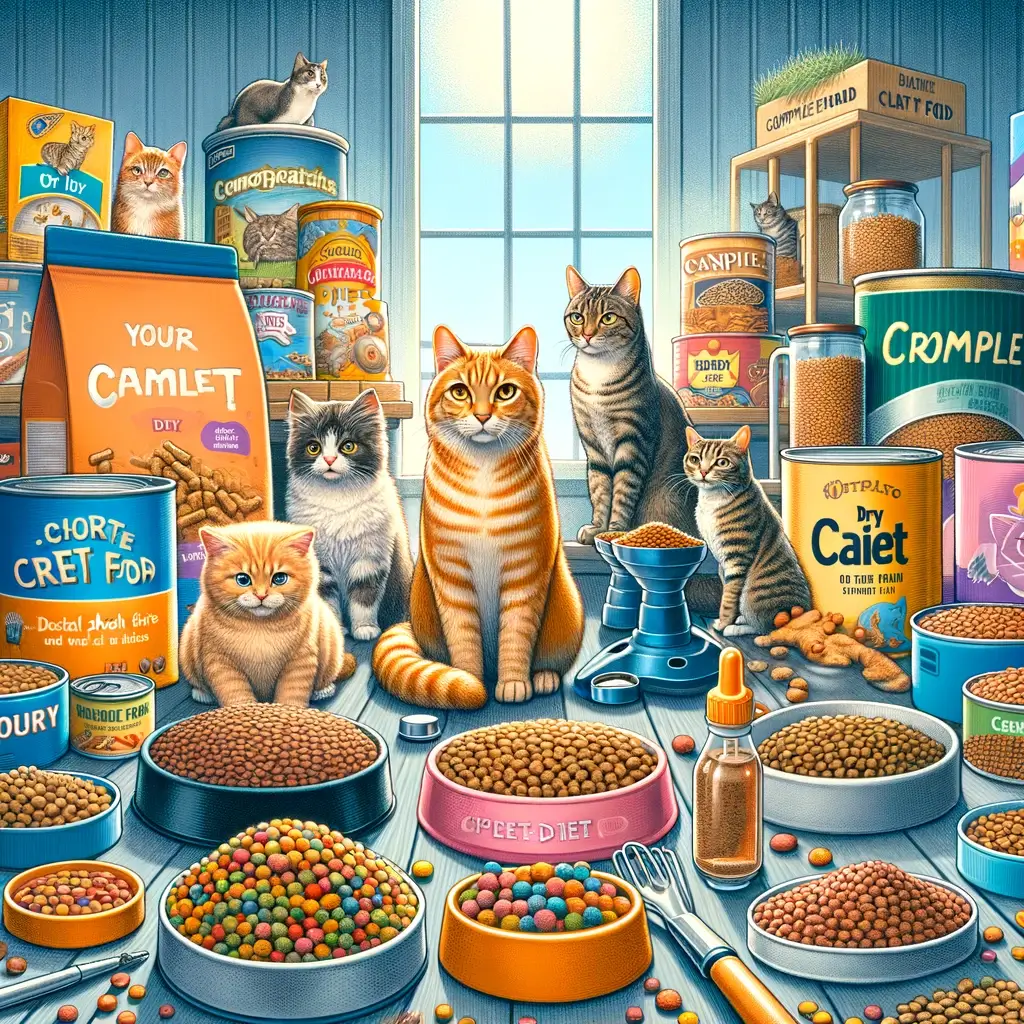Veterinary medicine is advancing all the time, and it has been increasingly recognised that nutrition can play an important role in managing disease as well as maintaining health. The first prescription diet was made by an American veterinary surgeon, Dr Mark Morris, in 1948. Now there are numerous veterinary cat food brands. If you have been recommended a veterinary cat food, read on for more information about these special diets. Once you know what you need, you can order online through our shop for quick delivery and free returns!
What is a veterinary diet food?
Veterinary cat foods, or prescription diets, are foods that have been specifically formulated to provide optimal nutrition for various health concerns. Many medical conditions can be helped or managed by your cat being provided with a special balance of nutrients. Some examples include hypoallergenic diets and weight-loss foods.
Are veterinary cat foods wet or dry?
Most prescription diets can be bought in either wet or dry form. There are some health conditions where the higher water content of wet food may be helpful, such as urinary and kidney diets, and some conditions where the dry option may be more appropriate.Ultimately, the goal is to provide optimal nutrition in whichever form your cat will eat it. You can read more about the benefits of wet food and dry food if you are unsure.
What conditions can a veterinary diet be used for?
Your vet might recommend a veterinary cat food for:
- Kidney care – sadly, kidney disease is common in older cats. It can be difficult to manage, but using a prescription diet to provide the correct balance of protein, nutrients, and hydration is important.
- Digestive problems – finding the correct food is a huge part of treating digestive problems such as IBD and food sensitivities/allergies in cats.
- Urinary health – crystals forming in the urine can lead to urinary stones, which are painful and can cause life-threatening urinary blockages. Urinary diets are designed to maintain your cat’s urine acidity at the right level to prevent stone formation.
- Allergies and skin disease – dietary management can improve skin health, boost healthy hair growth and manage food reactions.
- Weight control – prescription diet foods can change your cat’s metabolism to hasten weight loss.
- Diabetic control – diet is a huge part of good diabetic management for cats, and veterinary recommended diets can help manage insulin and sugar levels.
- Other conditions – there are many other health problems, such as arthritis, heart disease, liver disease, thyroid disease, and some cancers that may benefit from specialised nutrition.
How do I switch to a veterinary cat food?
It is important with any new diet to make the change gradually, as a sudden shock to the gastric system can cause tummy upsets. Change over to the veterinary recommended cat food over the course of several days, slowly increasing the amount of the new food and decreasing the amount of the old.
Most veterinary cat foods are designed to be fed as a sole diet. Adding in treats, other diets, or table scraps can make them less effective, so try to keep them as the only food source.
Where can I buy a veterinary recommended cat food?
Prescription diets are to be fed under the supervision of a veterinary surgeon. Your vet can advise on the best veterinary cat food brands and types for your cat’s individual health and nutritional needs, so it is important that your vet is involved in the decision process. These prescription diets are available through your vets, but you can also buy veterinary cat food online, with authorisation from your vet.
